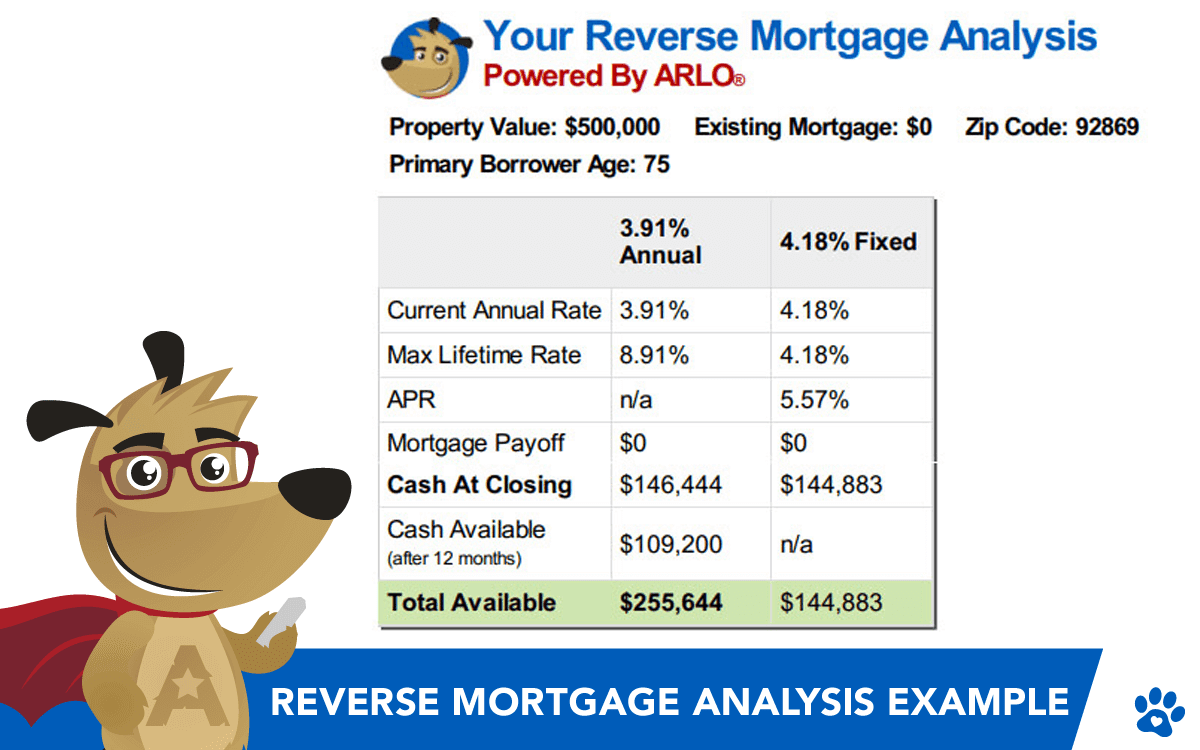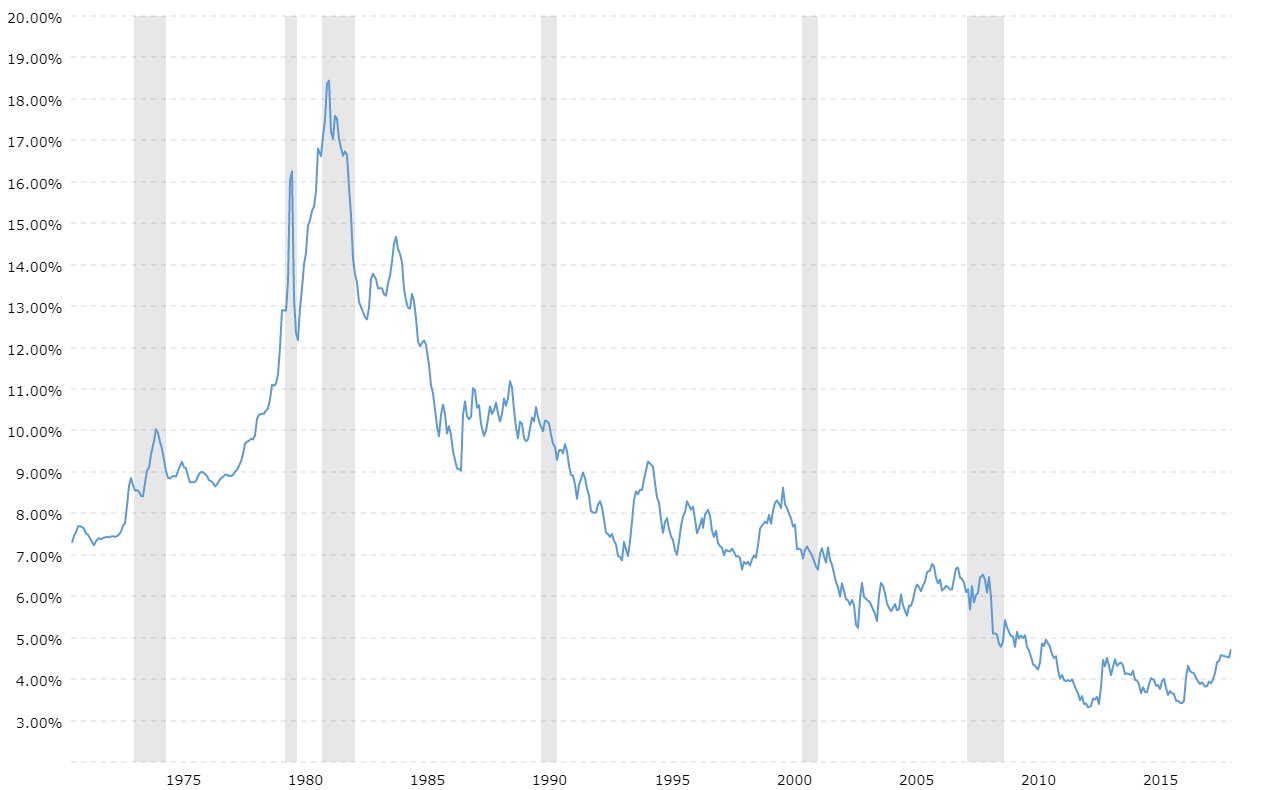Senior citizens who are depending on utilizing their house equity to assist fund transition to assisted living; those who wish to keep their house in the family or maintain their inheritance for their beneficiaries. Customers currently paying above-market interest rates; borrowers who want to shorten their loan term; debtors who desire to change an ARM with a more predictable fixed-rate; customers dealing with a balloon payment.
Property owners looking for a house equity loan who would also take advantage of re-financing their current home mortgage. Homeowners looking for a house equity loan who would gain little or no savings from refinancing their current mortgage. Undersea customers or those with less than 20 percent home equity; those looking for to re-finance at a lower interest rate; customers with an ARM or upcoming balloon payment who wish to convert to a fixed-rate loan.
Newbie property buyers, purchasers who can not set up a big down payment, customers buying a low- to mid-priced house, buyers looking for to purchase and enhance a home with a single home loan (203k program). Debtors buying a high-end home; those able to install a deposit of 10 percent or more.
Non-veterans; veterans and active task members who have actually exhausted their basic entitlement or who are wanting to purchase financial investment home. Novice buyers with young households; those currently residing in congested or outdated housing; citizens of rural locations or little neighborhoods; those with limited earnings Urban occupants, families with above-median incomes; bachelors or couples without children.
Among the very first concerns you are bound to ask yourself when you wish to buy a home is, "which mortgage is right for me?" Essentially, purchase and refinance loans are divided into fixed-rate or adjustable-rate home mortgages. When you choose on repaired or adjustable, you will also require to think about the loan term.
Long-term fixed-rate home loans are the staple of the American mortgage market. With a set rate and a fixed month-to-month payment, these loans offer the most steady and foreseeable expense of homeownership. This makes fixed-rate mortgages extremely popular for homebuyers (and refinancers), specifically at times when rates of interest are low - what is a non recourse state for mortgages. The most common term for a fixed-rate home mortgage is 30 years, but shorter-terms of 20, 15 and even ten years are likewise readily available.
The Ultimate Guide To What Metal Is Used To Pay Off Mortgages During A Reset
Considering that a higher regular monthly payment limits the quantity of home loan an offered income can support, most homebuyers decide to spread their month-to-month payments out over a 30-year term. Some home mortgage lending institutions will allow you to customize your mortgage term to be whatever length you want it to be by changing the regular monthly payments.
Given that regular monthly payments can both increase and fall, ARMs carry dangers that fixed-rate loans do not. ARMs are useful for some debtors-- even very first time debtors-- but do require some additional understanding and diligence on the part of the consumer. There are knowable dangers, and some can be handled with a little planning.
Standard ARMs trade long-term stability for routine changes in your interest rate and regular monthly payment. This can work to your benefit or disadvantage. Standard ARMs have rate of interest that change every year, every 3 years or every five years. You might hear these described as "1/1," "3/3" or " 5/5" ARMs.
For instance, initial interest rate in a 5/5 ARM is fixed for the first 5 years. After that, the rate of interest resets to a brand-new rate every five years up until the loan reaches completion of its 30-year term. Standard ARMs are typically provided at a lower initial rate than fixed-rate home mortgages, and typically have repayment regards to thirty years.

Obviously, the reverse is true, and you could wind up with a higher rate, making your mortgage less inexpensive in the future. Keep in mind: Not all lending institutions use these products. Traditional ARMs are more beneficial to property buyers when interest rates are fairly high, because they provide the possibility at lower rates in the future.

Like conventional ARMs, these are usually offered at lower rates than fixed-rate home loans and have total payment terms of thirty years. Since they have a range of fixed-rate periods, Hybrid ARMs provide customers a lower preliminary interest rate and a fixed-rate home loan that fits their predicted timespan. That stated, these items bring dangers since a low set rate (for a couple of years) might concern an end in the middle of a higher-rate environment, and month-to-month payments can jump.
The 6-Second Trick For What Are Interest Rates On Second Mortgages
Although typically gone over as though it is one, FHA isn't a mortgage. It stands for the Federal Housing Administration, a government entity which essentially runs an insurance swimming pool supported by fees that FHA mortgage debtors pay. This insurance coverage swimming pool essentially eliminates the risk of loss to a lending institution, so FHA-backed loans can be offered to riskier borrowers, specifically those with lower credit rating and smaller sized down payments.
Popular amongst novice property buyers, the 30-year fixed-rate FHA-backed loan is readily available at rates even lower than more conventional "adhering" home mortgages, even in cases where customers have weak credit. While down payment requirements of as little as 3. 5 percent make them particularly appealing, borrowers need to pay an upfront and yearly premium to fund the insurance pool noted above.
For more information about FHA home mortgages, read "Benefits of FHA mortgages." VA home mortgage are home mortgages guaranteed by the U.S. Department of Veterans Affairs (VA). These loans, problems by personal lenders, are offered to qualified servicemembers and their families at lower rates and at more beneficial terms. To identify if you are eligible and for more information about these home loans, visit our VA mortgage page.
Fannie Mae and Freddie Mac have limitations on the size of mortgages they can buy from loan providers; in many locations this cap is $510,400 (approximately $765,600 in certain "high-cost" markets). Jumbo home loans can be found in fixed and adjustable (standard and hybrid) ranges. Under regulations imposed by Dodd-Frank legislation, a meaning for a so-called Qualified Home mortgage was set.
QMs likewise enable debtor debt-to-income level of 43% or less, and can be backed by Fannie Mae and Freddie Mac. Currently, Fannie Mae and Freddie Mac are utilizing special "short-lived" https://www.benzinga.com/pressreleases/20/02/p15374673/34-companies-named-2020-best-places-to-work exemptions from QM rules to purchase or back mortgages with DTI ratios as high as 50% in some scenarios.
Non-QM home mortgages might be offered by loan providers, who generally put them in their "portfolio" of loans they hold. For the many part, they are made only to the best qualify customers or those who have strong risk-offsetting monetary qualities, such as a big down payment or extremely high levels of properties.
Unknown Facts About How Much wesley financial group Is Mortgage Tax In Nyc For Mortgages Over 500000:oo
I discovered myself unexpectedly house shopping this month (long story), and even for someone who works in the monetary market, there were a lot of terms I was not familiar with. Among the most confusing steps in the house buying process was understanding the various kinds of mortgages offered. After a great deal of late night invested investigating the different kinds of home mortgages offered, I was lastly about to make my choice, however I'll conserve that for completion.